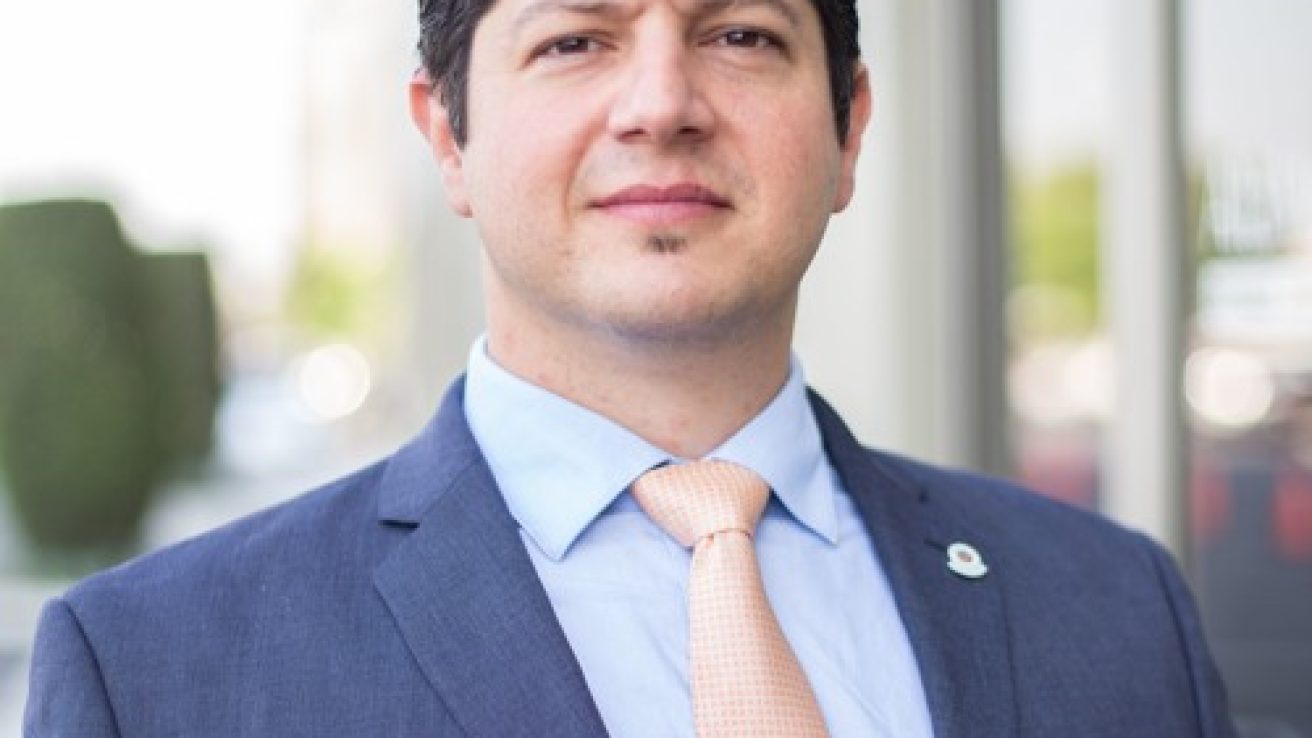Dr. Ilan Shapiro is the Medical Director of Health Education and Wellness at AltaMed servicing 300K patients in LA County. We reached out to Dr. Shapiro to share his experience providing culturally sensitive care to his patients and the impact of the COVID-19 pandemic.
MDNewsline: Before the COVID-19 pandemic became widespread throughout the U.S. it was not taken as seriously by most patient communities. There was even a myth that people of color did not get the coronavirus. Can you speak to how COVID-19 has uniquely affected the patients in your community who are primarily Latinx?
Dr. Shapiro: At the beginning everyone was in survival mode but everything was stable and people were going about their regular lives. Now that it’s a pandemic the mindset is “How do I protect my family?”
The Latinx community is one of the higher uninsured populations in the country which automatically opens the doors to everything wrong as it pertains to accessing preventive services. People end up going to the ER and if they have diabetes, asthma, or emphysema they end up there instead of with a primary doc or specialist and they don’t necessarily get the care they deserve.
MDNewsline: How did the Affordable Care Act impact patients in your community?
Dr. Shapiro: After the Affordable Care Act passed more patients ended up accessing the healthcare marketplace and it made a huge difference. Patients were now able to access primary caregivers instead of having to go to the ER to see a doctor to get care and the proper medications.
MDNewsline: What other pressing issues uniquely impact Latinx patients?
Now that we have the coronavirus disrupting all of our lives getting access to a doctor by phone can make a huge difference for those who don’t have insurance or who are afraid to access healthcare due to the new public charge rule. This rule is shutting a lot of patients out from healthcare access due to patients not fully understanding the policy. Even patients with insurance have a fear of being punished and perhaps not being able to get their green card because they get access to healthcare. Many are uncertain if it’s ok to access their healthcare benefits and wondering if their citizenship is in jeopardy.
In February The public charge rules changed. The government says that if anyone who wants a green card or is pursuing citizenship uses federal money such as public health benefits it will count against them and you likely won’t get citizenship. People are afraid to get tested or go to the hospital and fear that if they have the coronavirus they can’t go to the hospital because they feel that this will count against them.
MDNewsline: What advice do you have for physicians who are treating a number of Latinx patients with regards to connecting with their patients and helping to improve the patient experience?
Dr. Shapiro: From the perspective of a Latino family the perfect doctor is one that has known the family for years. Ideally there would be someone on the healthcare team from the same background that speaks the same language, from a similar neighborhood, zip code, etc. but the reality is that’s hard to get. Understanding the language is a plus but what is universal to everyone is smiling and being present. This makes a huge difference as physicians are running from one site to the other and just learning more about the patients’ culture goes a long way. Right now we have google so there’s no excuse not to have some information. I recommend doctors google cultural aspects of Mexicans and they’ll see a lot of granular information about how they perceive healthcare. For instance, in Mexico you perceive a doctor as someone who has a lot of knowledge and to ask questions can sometimes be looked down upon. Right now we’re encouraging patients to ask questions because it leads to better outcomes. Make sure you’re smiling and showing appreciation of the culture.
Right now it’s extremely important to open the doors to everyone. This crisis is what we trained for. Let’s step up and make sure we open our hearts.
Dr. Shapiro is a member of the National Hispanic Medical Association and a spokesperson for the American Academy of Pediatrics. As part of his work in community projects and advocacy, he was invited to become a part of the White House Hispanic Policy Group in 2011, educating the Hispanic community on the Health Care Act Policy.
Follow Dr. Ilan Shapiro on twitter at @dr_shaps










